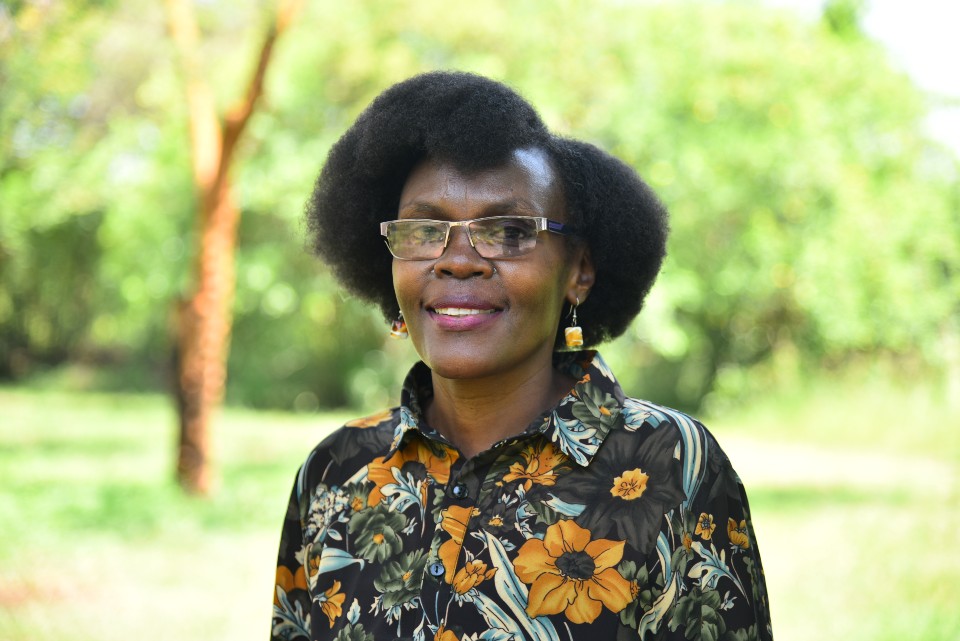From where I stand: “It’s one of the most dangerous jobs to do in Kenya...it exposes you to police, perpetrators and members of the community.”
Caren Omanga has been a social activist for over 20 years. After working six years as a teacher, she felt she could do more to counter the injustices she had witnessed from an early age. She is now a human rights defender in Kisumu County, helping women and many survivors of gender-based violence to achieve justice.Date:

![]() I’ve seen a lot of human rights violations in the slums where I grew up. Life in these places is not conducive for human rights. I remember the first campaign I participated in. It was a campaign against the flour price. It went up to over US$1 per packet and people simply could not afford it. Every homestead was complaining. I thought ‘we need to do something about this.’ It was approaching labour day and we wanted to talk to the government. We did not want NGO support; we wanted the government to listen directly to us. Can we speak as a community? We organised ourselves on a march into town, holding nothing but a spoon and a saucepan…they were the only tools we needed. When we reached town, we only had one song “Unga 30 bob! (Flour 30 cents!). I escaped arrest; I was getting good at dodging the police!
I’ve seen a lot of human rights violations in the slums where I grew up. Life in these places is not conducive for human rights. I remember the first campaign I participated in. It was a campaign against the flour price. It went up to over US$1 per packet and people simply could not afford it. Every homestead was complaining. I thought ‘we need to do something about this.’ It was approaching labour day and we wanted to talk to the government. We did not want NGO support; we wanted the government to listen directly to us. Can we speak as a community? We organised ourselves on a march into town, holding nothing but a spoon and a saucepan…they were the only tools we needed. When we reached town, we only had one song “Unga 30 bob! (Flour 30 cents!). I escaped arrest; I was getting good at dodging the police!
It is one of the most dangerous jobs to do in Kenya. You need a hard heart. The work you do exposes you to police, perpetrators and members of the community. For example, cultural values in this region and human rights do not go together. There are parallel systems at work. We’re empowering women who have been suppressed for a long time. But according to many of the elders of the communities, we are inciting women against men. We are taking time to explain with them, consider these women as your daughters – would you allow your own daughters to be treated and violated in these ways? They are slowly understanding.
The [upcoming] election worries me. I don’t come from this community and my tribe is usually a target in this region. So, every election I’m very sensitive about tribal profiling. I’ve been here 12 years and every election year it has been difficult for me and my family. I always have to move away. Whenever I hear someone explicitly talking about someone by their tribe, I become very alert.
I don’t think assurances of peace from the politicians have trickled down to the community yet. The government needs to do more. I had to transfer my granddaughter to a different school because of the hostility she received – including from teachers. She would come back and say, “Grandma, I’m being called a thief at school. They say we stole votes from them.”
Caren participated in training as part of the UN Women/OHCHR project “Let it Not Happen Again” to prevent and respond to violence against women in elections (VAWiE), supported by the Government of Italy. Since 2019, the project has produced crucial material to strengthen duty bearer’s ability to handle SGBV cases; increased access to services for survivors and has worked closely with law enforcement to reform their internal structures to respond to GBV.